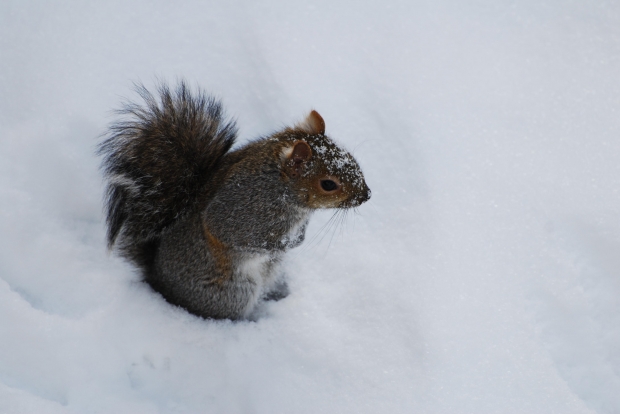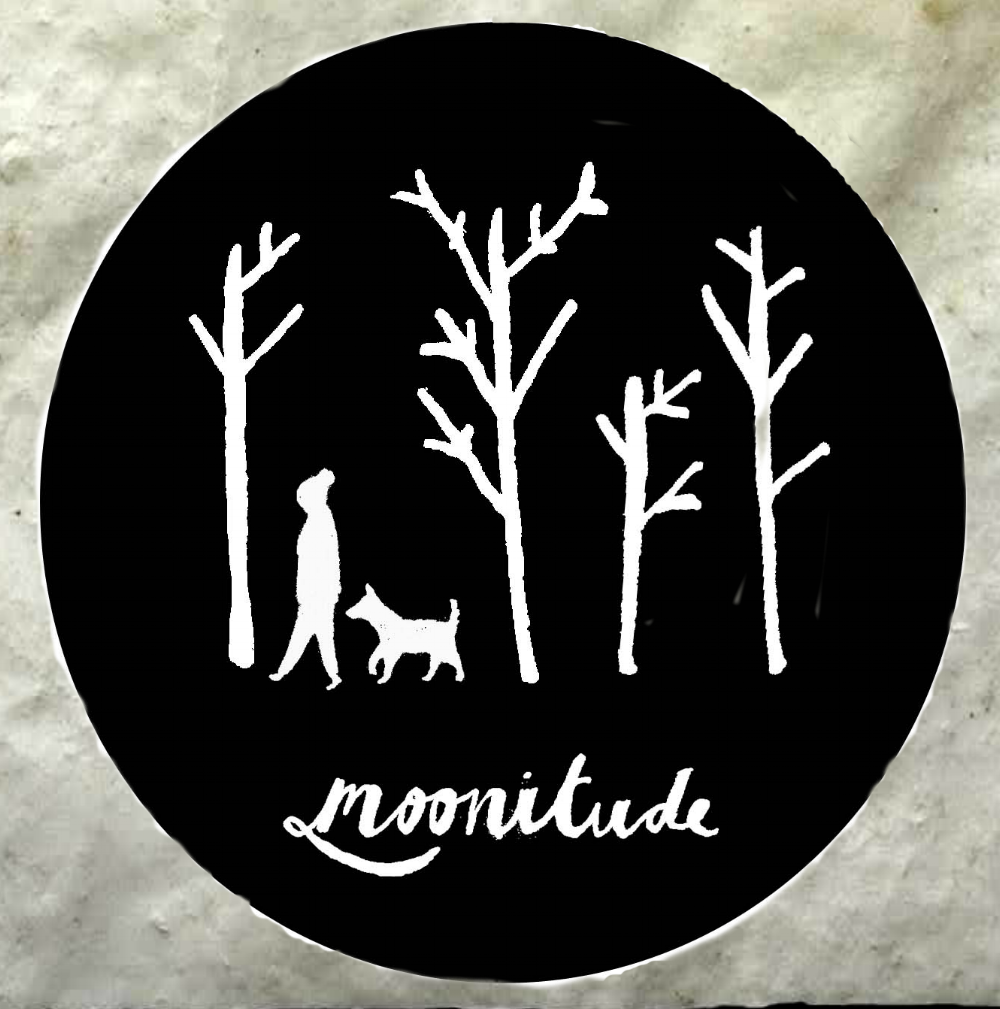Gripping Weather Words
I looked out my window before ten a.m. on Tuesday and saw a fine, fast snowfall underway. At one time, I would have thought, ugh, snow. But because of the way it was being reported, it was all very polar vortex-looking.
Polar vortex sounds more scientific than other weather descriptions, like "pounding, monster snow storm." But if words create visuals, polar vortex is an angry beast with fiery eyes, fixed on a specific region. As Dad would say, "It works on your head." It makes you think about tools of survival, like milk, bread and eggs.
I decided to look into the term, find out what a polar vortex is. I googled it and came across an article by Matt Pearce of the LA Times (January 6.) In the piece, Todd Heitcamp, a warning coordination meteorologist for the National Weather Service, was quoted: “It’s not really a phrase I like -- it makes it sounds a lot worse than it actually is.” He said the polar vortex occurred in the 1990s as well.
To paraphrase, it's when a huge "lobe" of cold air breaks away from the North Pole and blows our way. Since temperatures drop much lower than usual, we need to cover up and be prepared in the event the car won't start because of the cold. It's recommended to keep an emergency kit in the car, because nobody wants to get frostbitten, or worse. Bad enough to run out of milk, bread or eggs.
The Weather Channel listed ten things that should be contained in a car’s emergency kit: a blanket; snow shovel; flashlight; hand warmers; bottled water and food; flares; light sticks; whistle; syphon. The syphon is kept in the event you run out of gas and a Good Samaritan arrives on the scene. Of course the motorist with the good sense to pack a syphon ought to have a full tank of gas or risk looking like a mooch, right?
I noticed during a previous hurricane that when a storm approaches, or I feel ill, I buy weird things at the store. Just prior to the storm and on the worst day of a upper respiratory infection, I drove to the supermarket and - propelled by the blight of fever - returned home and made lemon chicken, chicken soup and chicken salad. I also refrigerated enough chicken breast (cold cuts) to feed a small country. I don't know what I was thinking, but I may never eat chicken again. On the other hand, we were covered on the protein front during the storm.
I don't recall gasoline being on the list of storm staples when we lived in Brooklyn, but on Long Island, waiting on gasoline lines before a storm is standard operating procedure. There's probably a good explanation, or maybe it's just a habit learned from previous generations.
Dad never complained about snow or winter weather conditions, not even when we were kids and the whole house heaved and howled in the cold winter winds. We had countless double hung windows that shook and rattled (a reminder to us all that it could be worse), and, in the morning, the radiators beneath them clanked and hissed, competing with the drafts. I stood in front of the radiator each morning and whined about the chill, while Mom helped me change into my school uniform.
Like most homeowners, when Mom and Dad renovated, they reduced the number of windows in our house. And then all the reports surfaced that said we'd sealed up our homes too well. We now had to think of indoor pollutants.
There was no place to shovel the snow onto without blocking something else when it accumulated in Brooklyn. Dad tediously dug his car out of the spot in front of the house until the parking space was a well-defined igloo, minus the roof. He drove his car in and out of the space like a pro. But there's an unspoken rule in Brooklyn: finders keepers. It was like the lyrics to The Hotel California said, "You can check out anytime you want. But you can never leave." Because when you return, somebody else is in your parking spot. And they have no plans to leave.
So when I think of the challenge of winter, I think of Dad. He loved Brooklyn, with its parking spot issues and tight elbow space, just as much as the change of seasons. He viewed snowstorms as more of a conquest, and he developed tools to meet it. He illustrated that the way you looked at something, whether it was a storm or a job around the house, the way you think about it and broach it can change everything. So look for the tools.
(Last night, just as I hit the power switch on the remote, I thought I heard the words “arctic tundra.” I did not turn it back on.)
